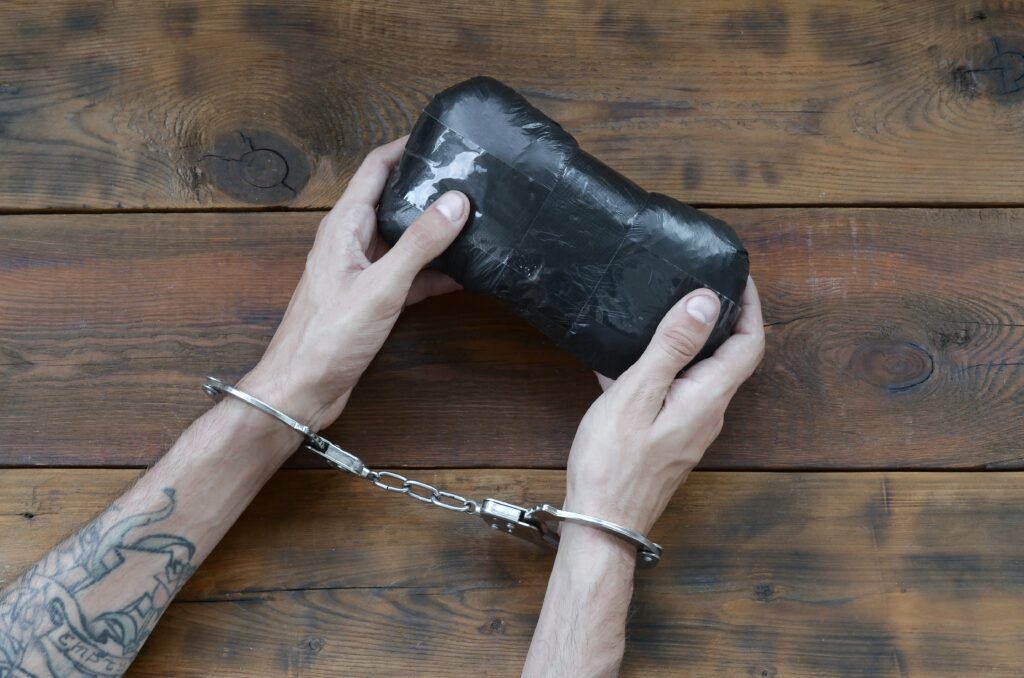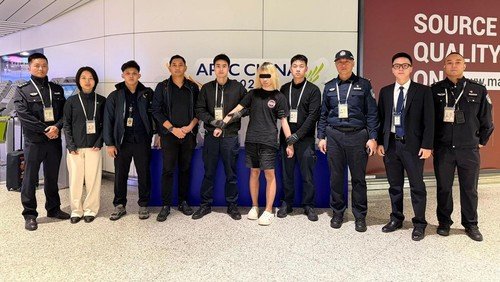
In Bali, the Karya Agung ceremony—a series of intricate Hindu rituals—has returned to Pura Agung Jagatnatha in Denpasar and other spots across Bali.
This year’s cycle, which began with traditional rites on November 14 and will reach its peak on November 16, exemplifies the island’s cultural reverence for ritual purification, community unity, and devotion to divine forces.
The Karya Agung, one of Bali’s most sacred and complex ceremonies, is not performed annually; rather, it is held only on auspicious occasions, often every 10 to 20 years, when a temple deems it necessary to restore harmony and honor the gods.
The Melasti Procession: Cleansing by the Sea
Thursday’s dawn saw the first phase of the Karya Agung ritual, known as Melasti, a purification procession that traveled from Pura Agung Jagatnatha to Padanggalak Beach in eastern Denpasar.
In this tradition, essential sacred objects and offerings are carried to the sea to be symbolically purified, accompanied by leaders from the Denpasar government, including city secretary Ida Bagus Alit Wiradana, and other community members.
The ritual, a staple in Balinese Hinduism, holds that the ocean serves as a cleansing agent, allowing both people and ceremonial items to be purified in preparation for approaching deities with reverence.
As Wiradana explained, “This participation reflects our shared responsibility to maintain these sacred traditions for the community’s spiritual and physical well-being.”
Mapepada: Ritual Offerings of Sacred Animals
On Thursday afternoon, the ceremony progressed to Mapepada, a ritual of consecrating animals that will serve as offerings. Presided over by Ida Pedanda Putra Wanasari of Sanur, this practice entails the ceremonial cleansing of animals such as chickens, ducks, pigs, and goats, all intended as sacred offerings known as yadnya.
In Hindu tradition, this is seen as an act of alignment with nature’s cycles, a way to bring offerings into harmony with the spiritual realm by observing religious protocols.
“Each step in this process ensures that the animals, now cleansed, meet sacred standards for use in the ceremony,” explained a spokesperson for Denpasar’s religious affairs,
A Rare Celebration of Community and Devotion
Scheduled to culminate on November 16, the Karya Agung ceremony underscores the Balinese concept of Tri Hita Karana, or harmony among people, nature, and the divine.
Held only on rare occasions—typically every 10 to 20 years—the ceremony is an extensive and costly endeavor, drawing together the collective efforts of the community in an expression of gotong royong, or collective cooperation.
“This entire series of rituals embodies our sradha bhakti, or devotion to God Almighty, Ida Sang Hyang Widhi Wasa,” said Ida Bagus Alit Surya Antara, a government representative. “We hope these acts of dedication bring prosperity, peace, and blessings to our community.”
A Sacred Decentralization: Balinese Temples Host Their Own Karya Agung Ceremonies
While the Karya Agung ceremony at Pura Agung Jagatnatha in Denpasar draws significant attention, this grand ritual of purification and devotion is far from centralized. Across Bali, individual temples—each embedded in the life of its village—host their own versions of Karya Agung, often on different schedules and with distinct practices shaped by local tradition and resources.
In Ubud, for example, a recent Karya Agung drew participation from 13 nearby villages, with the ritual process unfolding at Pura Desa, Pura Bale Agung, and Pura Jati.
Villagers spent nearly a year in preparation, incorporating traditional performances of gamelan music and dance, which added allure for visiting tourists.
Meanwhile, in Klungkung’s Gembalan village, the community hosted its first-ever Karya Agung at Pura Dalem Bangbang Bangun Sakti, funding the entire event independently at a cost of approximately 1.2 billion rupiah (around $76,000).
This large investment was fully supported by local families and private donations, demonstrating the community’s dedication to sustaining their temple and traditions.
As the Karya Agung ceremonies unfold across Bali, residents can expect to witness these sacred rituals throughout the island until November 17, 2024, when the final offerings are made in Denpasar.










